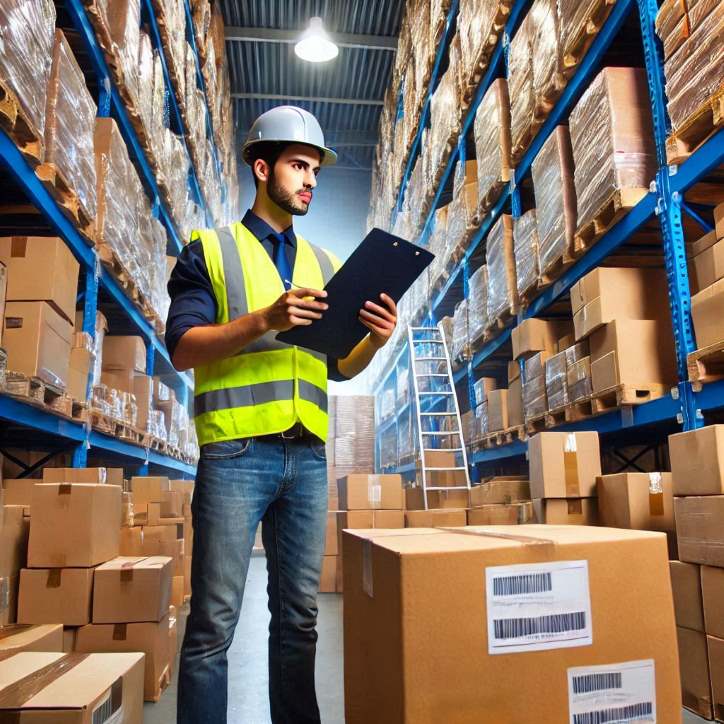
Energy efficiency is critical to combating climate change and ensuring a sustainable future. Belgium has emerged as a frontrunner in promoting eco-friendly initiatives, particularly within the wholesale industry. Wholesalers are pivotal in shaping consumer trends, influencing manufacturers, and driving the demand for sustainable products. Their role extends beyond commerce, impacting the nation’s energy policies and sustainability goals.
The term “Groothandel”, which translates to “wholesale” in Dutch, signifies the backbone of Belgium’s trade economy. As wholesalers cater to various industries, they are uniquely positioned to prioritize energy-efficient goods. Policies promoting green products in these markets directly influence manufacturers to produce items that align with sustainability goals. This interconnected cycle is vital for fostering a greener economy.
How Wholesalers Influence Energy Policies
Wholesalers serve as intermediaries between manufacturers and consumers. By choosing to stock and promote eco-friendly products, they effectively dictate demand. This, in turn, pressures manufacturers to adopt sustainable practices.
Key ways wholesalers impact energy efficiency policies include:
- Demand Creation: By prioritizing energy-efficient products, wholesalers encourage manufacturers to innovate.
- Market Transformation: Eco-friendly products become the standard, shifting industry norms.
- Collaboration with Policymakers: Wholesalers often partner with governments to create incentives for sustainable trade.
Belgium’s policymakers recognize the importance of integrating wholesale markets into the nation’s energy strategy. Subsidies and tax benefits for energy-efficient products are among the measures that support this alignment.
Challenges in Promoting Sustainability in Wholesale Markets
Transitioning to sustainability is not without hurdles. Wholesalers face several challenges, such as:
- Cost Implications: Energy-efficient products often come with higher production costs, affecting wholesale pricing.
- Consumer Awareness: Educating buyers about the long-term benefits of eco-friendly products remains a task.
- Supply Chain Limitations: Sourcing sustainable products can be complex, especially for smaller wholesalers.
Despite these challenges, Belgium has implemented measures to ease the transition. Financial incentives and public awareness campaigns are encouraging wholesalers to embrace green practices.
Success Stories: Belgian Wholesalers Leading the Way
Several Belgian wholesalers have embraced energy efficiency as part of their business strategy. By adopting sustainable practices, they’ve set benchmarks for the industry:
- Eco-Friendly Warehousing: Many wholesalers now utilize energy-efficient lighting and cooling systems in their warehouses.
- Sustainable Packaging: Efforts to reduce plastic use and adopt biodegradable alternatives are gaining momentum.
- Renewable Energy Adoption: Solar panels and wind turbines are becoming standard for powering facilities.
These initiatives highlight the transformative power of wholesalers in driving sustainability.
The Future of Energy Efficiency in Belgium’s Wholesale Markets
The Belgian government has ambitious plans to enhance energy efficiency across all sectors. Wholesalers are expected to play an even more significant role in these initiatives. Key areas of focus include:
- Enhanced Collaboration: Partnerships between policymakers and wholesalers to establish industry-wide green standards.
- Digital Transformation: Leveraging technology to monitor and reduce energy consumption.
- Circular Economy Models: Encouraging practices such as recycling, reusing, and remanufacturing products.
By aligning the wholesale sector with the nation’s sustainability goals, Belgium is setting an example for other countries. Wholesalers are not just participants but leaders in the journey toward a sustainable future.
READ ALSO: Why Businesses Should Stay Updated On Politics?
Conclusion
The wholesale sector’s influence on energy efficiency extends beyond commerce. By prioritizing eco-friendly products and practices, wholesalers are pivotal in shaping policies and consumer behavior. In Belgium, the Groothandel industry exemplifies how collaboration and innovation can drive significant environmental progress. As this trend grows, it will further solidify Belgium’s position as a global leader in sustainability.

 In recent years, a connection has emerged between politics and the vintage trailer modernization. This may seem an odd combination, but as with many things in today’s world, the connection is both intriguing and complex. On one hand, politics shape the regulatory environment and incentives for such modernization. On the other, the revival of vintage trailers speaks to a broader societal trend towards sustainability and nostalgia.
In recent years, a connection has emerged between politics and the vintage trailer modernization. This may seem an odd combination, but as with many things in today’s world, the connection is both intriguing and complex. On one hand, politics shape the regulatory environment and incentives for such modernization. On the other, the revival of vintage trailers speaks to a broader societal trend towards sustainability and nostalgia.